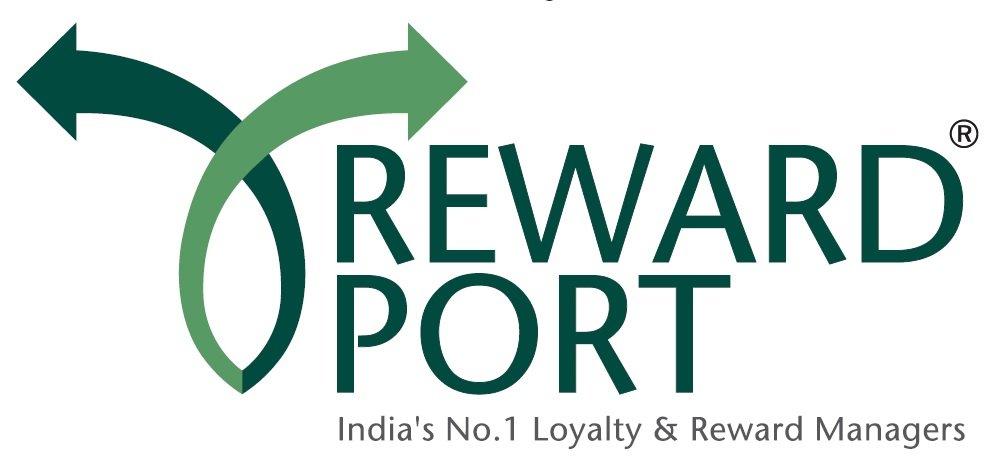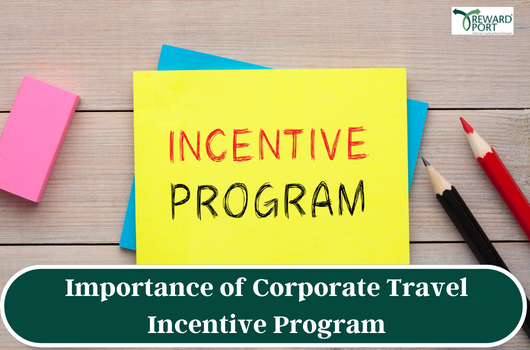
Incentive awards signal recognition of good performance from employees, which leads to more of the same behavior in the future. A well-planned incentive travel program connects business objectives to personal motivations and aspirations. Eligible program participants are motivated to achieve their objectives for the benefit of both the company and themselves. With challenging but achievable goals, incentive planners must design program that are more meaningful, motivating, and memorable.
The incentive program must be carefully planned so that participants can enjoy activities from start to finish and return to work with high motivation and productivity.
What basically is a corporate travel incentive programme?
Every employee deserves to be recognized by the company for their efforts. Offering cash incentives to employees, on the other hand, appears to be a thing of the past.
A business travel incentive programme is a type of incentive structure in which top-performing employees or teams are given all-inclusive paid trips as a token of appreciation for their efforts.
An effective business travel incentive program adds a personal touch to employee rewards, providing employees with memories to last a lifetime. It is a one-of-a-kind way to show your appreciation to your employees.

How can a company create an effective business travel incentive program?
Businesses can benefit from keeping employees motivated while they work because they are more likely to be constructive and produce a higher work output. Many businesses use incentive program to motivate their employees to complete tasks in exchange for rewards and recognition.
The following are the steps you can take when developing and implementing an employee incentive program:
1. Include the appropriate individuals
Before you start planning an incentive program, meet with the people who will help you strategize and implement it. Members of the management team and volunteers from the finance and HR departments are frequently included. You can work together to make decisions about why the company wants to implement the program and how much money the company can allot for incentives.
2. Set program objectives
Set parameters with the team for what goals the company wants employees to achieve in order to qualify for the incentives. Create simple, specific, and measurable goals, such as increased sales or improved attendance. Choose up to three goals for employees to strive for after discussing the options.
3. Determine the incentive audience
Consider who you want to reward so you can decide who will participate in your programme. For example, if you set a goal of “increase sales by 10%,” only members of the sales team will benefit from it. Establishing your target audience can help you determine the types of incentives that will motivate them to achieve your goals.
4. Increase participant participation
Before deciding on programme rewards, ask some participants what would motivate them the most. You can also solicit their feedback on potential rules or steps involved in achieving the goals. This can increase employee engagement and overall interest and involvement in the programme.
5. Assess the incentive program’s success
Take time after the program has ended to assess its effectiveness. Determine whether it met the program’s objectives. Based on the data, you can determine whether the program motivated employees to participate and work toward your desired goal. Assessing various elements can assist your team in developing parameters for the next incentive program and deciding which components to include.
What perks do corporate travel incentive programmes offer?
Corporate travel incentive program are inexpensive ways to reward top performers. They help the company by promoting revenue growth, customer acquisition, and sales growth.
1. Improves motivation and cooperation
Travel incentives are a fantastic way to show your appreciation for your employees and give them well-deserved credit for their efforts. They can inspire and foster idea-sharing as others seek to emulate the success of top performers, in addition to increasing employee motivation. As teams work together to win the prize, impressive incentives can improve communication and collaboration.
2. Excellent incentives lead to increased job satisfaction and employee retention
Having goals to strive for and being recognized for our efforts is critical to our sense of purpose. It can make our work less repetitive and increase our satisfaction with our role within a company. Linking targets to a fantastic prize is a tangible way to show appreciation for your employees’ efforts and is a perk they will be reluctant to give up.
3. Envy-inducing benefits make it easier to recruit qualified candidates
When looking for a new job, savvy candidates will carefully consider the advantages of choosing your company over a competitor. There are numerous opportunities for a potential candidate to evaluate your organization’s company culture in the age of social media and sites like Glassdoor. Sharing inspiring images from your corporate travel incentives is a sure way to attract qualified candidates.
4. It provides you with a competitive advantage
Managers now have a new way to assess the productivity of their teams thanks to an incentive travel program. Perhaps a team will meet their goal earlier than last year to ensure their spot on the getaway, generating a slew of new statistics to impress current and prospective clients alike. A company that is ambitious is always appealing. Seeing your team’s desire for success is contagious, and it may tip the scales in your favor.
Why is incentive travel such an important part of running a successful business?
Incentive travel is a tool for stimulating employees with an activity designed and planned to motivate and reward employees who have met certain company goals. Its goal is to strengthen the team and foster a unique environment in order to boost both the team’s and the company’s performance.
- Healthy Competition Incentives instils a sense of healthy competition in employees. In order to earn their incentive, they strive to work harder and better.
- Travel is an extremely cost-effective incentive. In fact, it is far superior to providing monetary incentives. Incentive travel can boost an employee’s ego while also saving employers money.
- Goal Achievement and Performance Enhancement is a great way to meet your sales goals and one of the most effective ways to improve your company’s performance. It helps to boost employee morale, encouraging them to work harder in order to meet their goals.
- Loyalty and dedication make your employees happy when you reward them. This would increase their dedication and loyalty to the company. This results in lower employee turnover as well as a better and more positive business environment.
- Incentive travel tends to strengthen team relationships. When a group travels together, they share their experiences and memories. This facilitates their bonding. This also provides a good forum for people to discuss business issues in a relaxed setting. They
- can understand each other from a completely different perspective, which will help them work better together in the future.
- Travel provides a significant stress relief for your employees. Some time away from work will help them to relax and re-energize. It will also assist them in increasing their creativity and productivity when they return to work.
- Going on vacation can help an employee’s physical and mental health. This translates to a healthier employee who will take fewer sick days. This would result in increased productivity and profits for your company.
Frequently Asked Questions
What value does incentive travel hold for a company?
Experience rewards can be customized and tailored
Travel incentives allow employees to tick off their bucket list
More memorable than money is the gift of travel
What is the impact of incentive travel on corporate companies?
Incentive travel has been shown to increase top-performer sales growth and brand advocacy. In most cases, incentive travel is provided as an incentive/recognition opportunity for top producers overall or by volume group. Specific objectives are almost always linked to increased sales or purchases.


